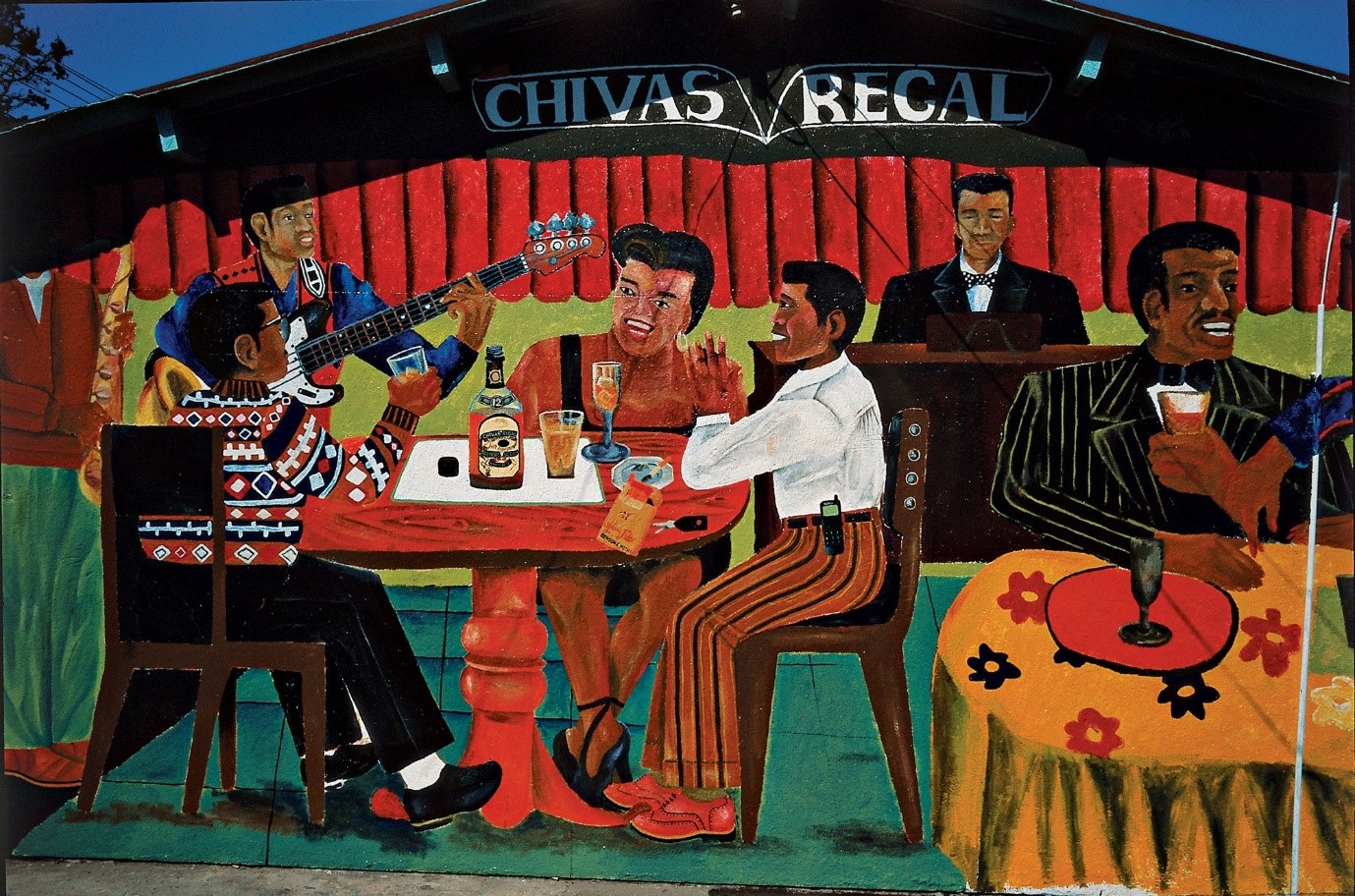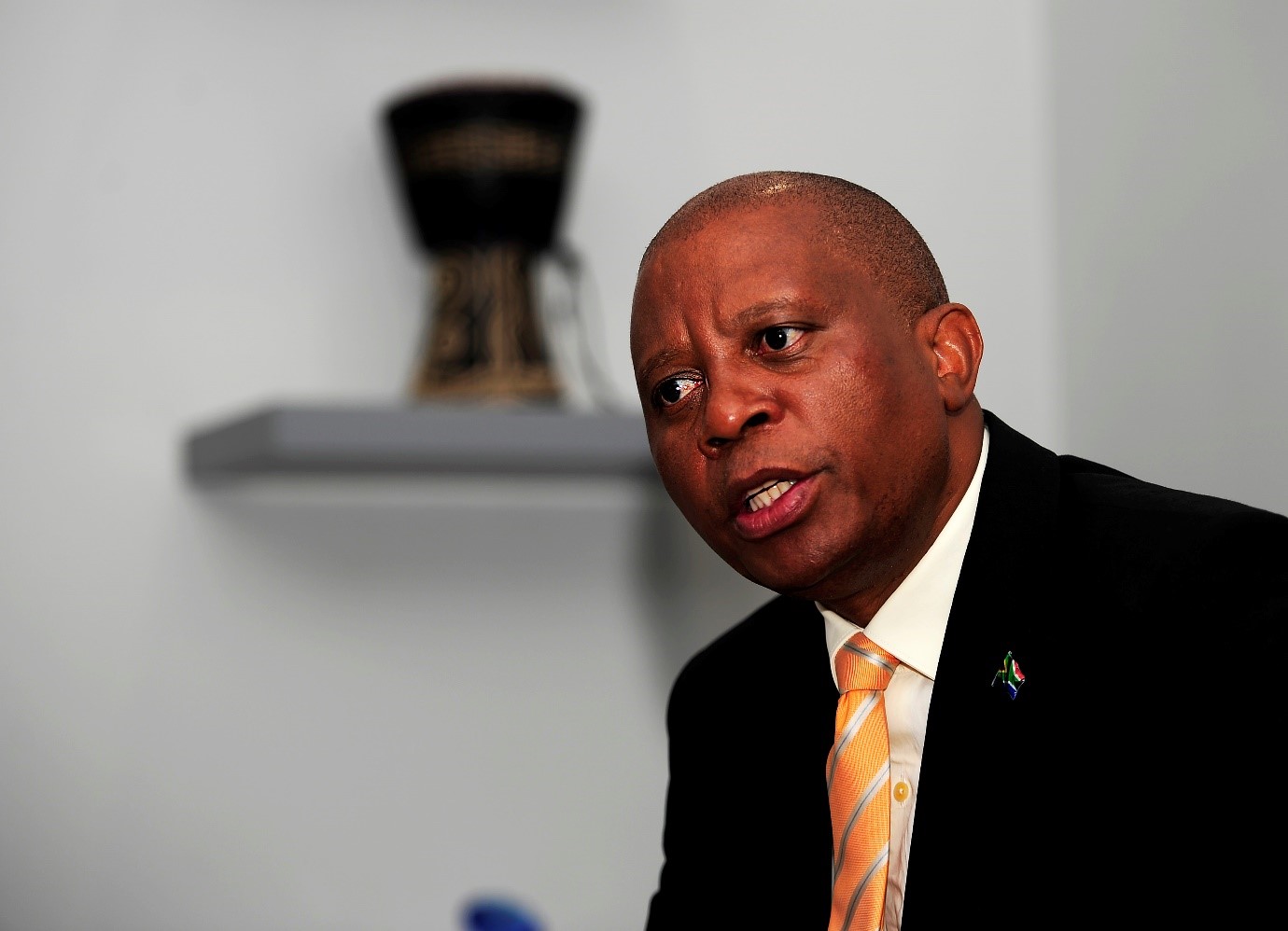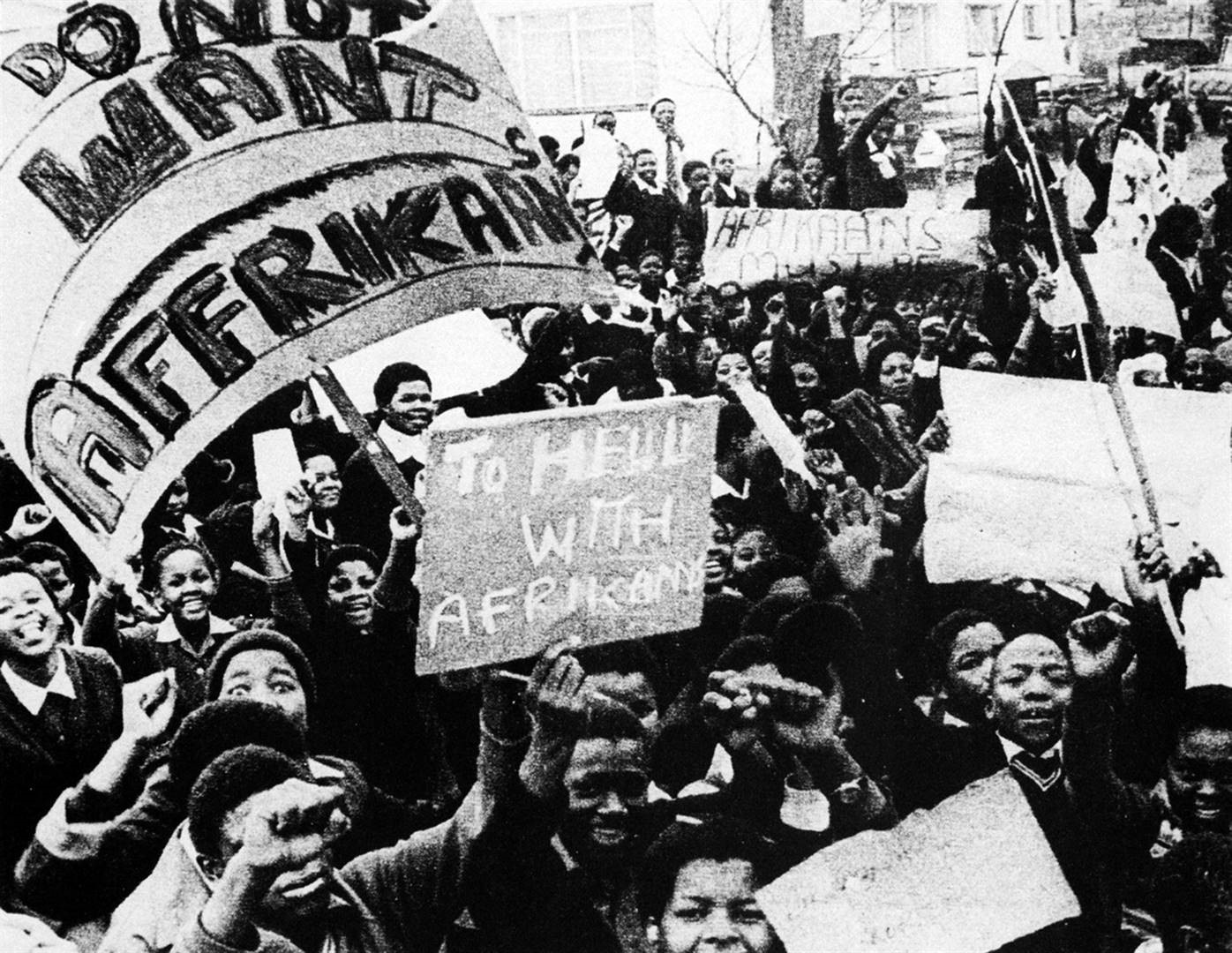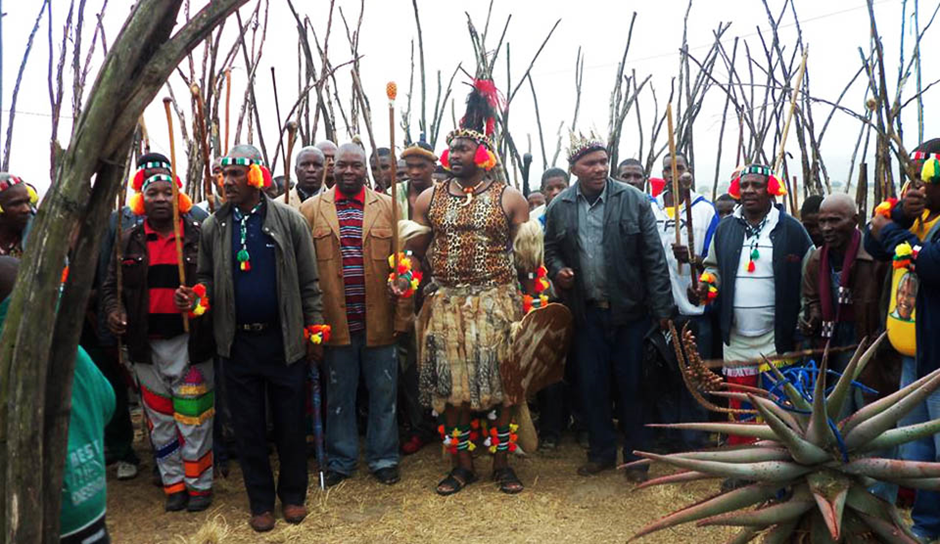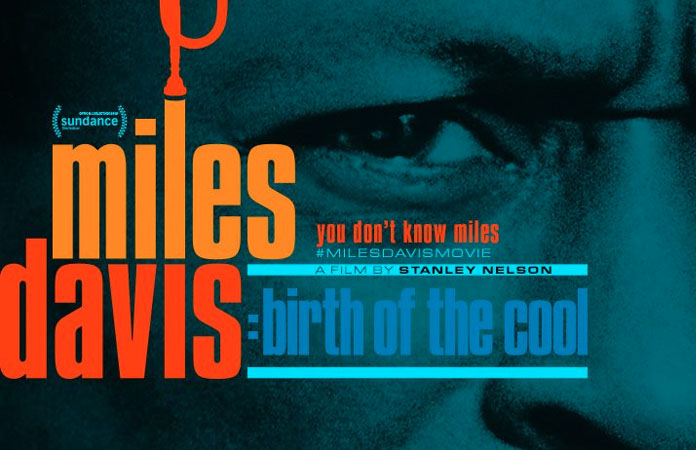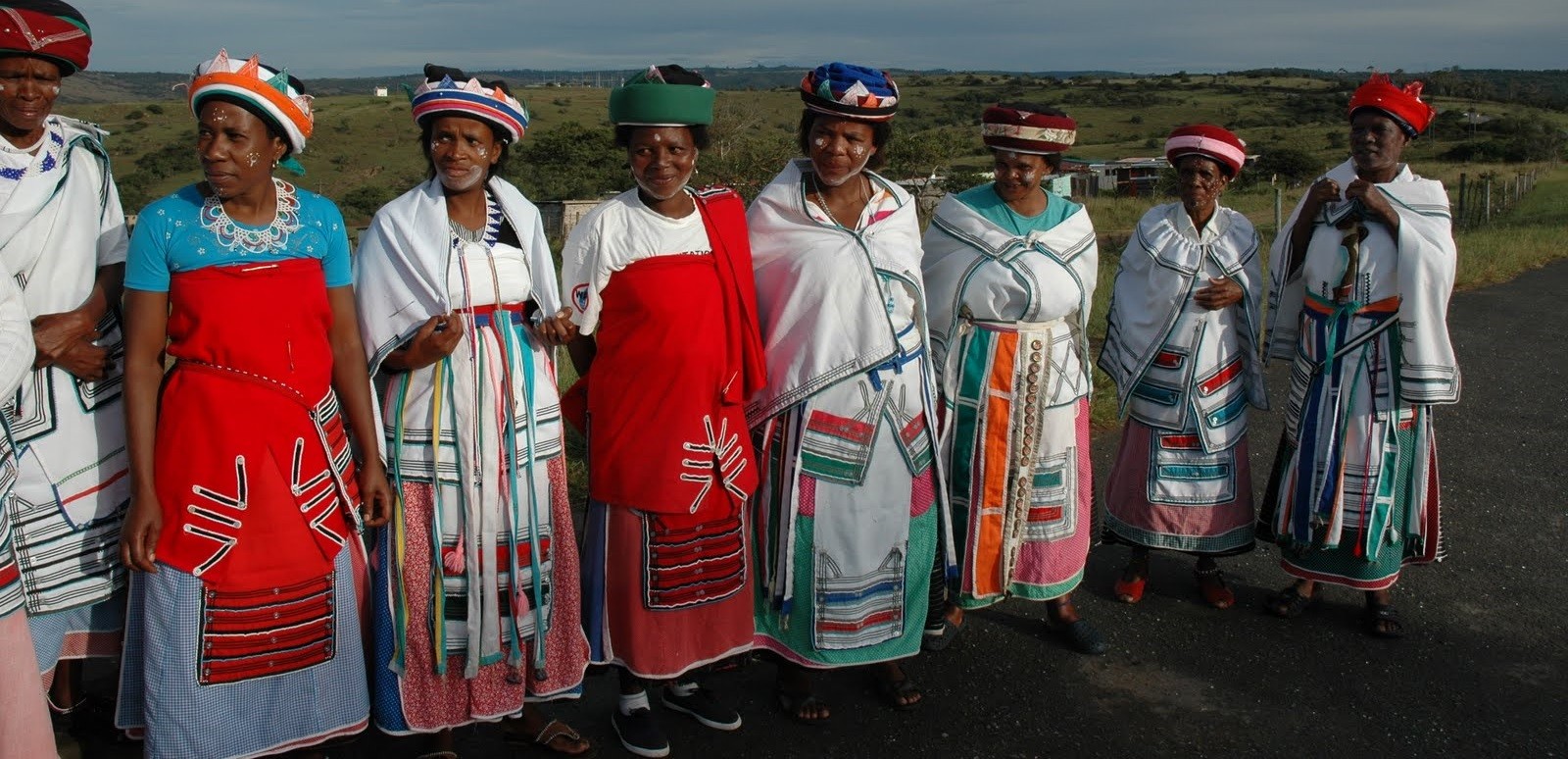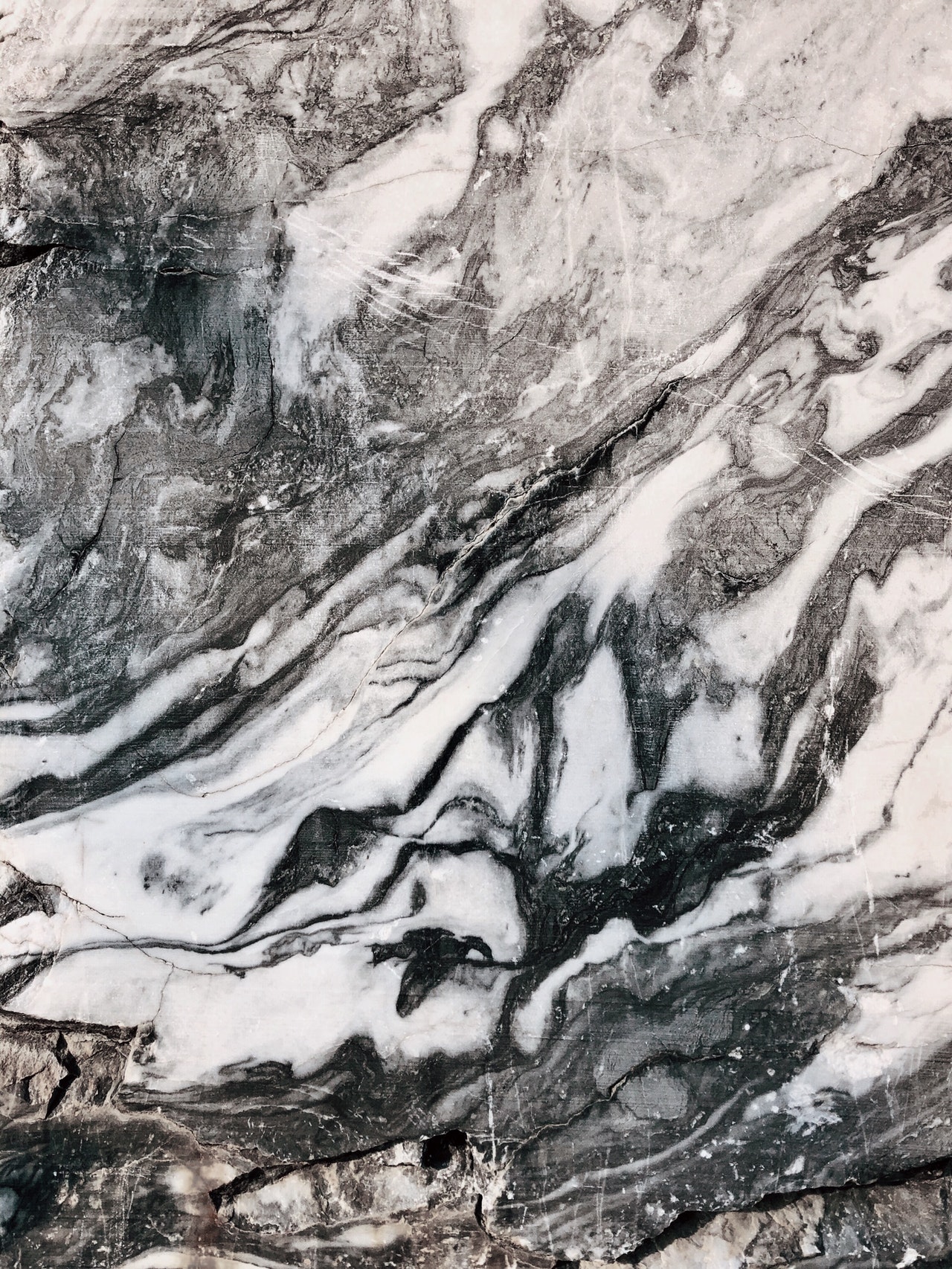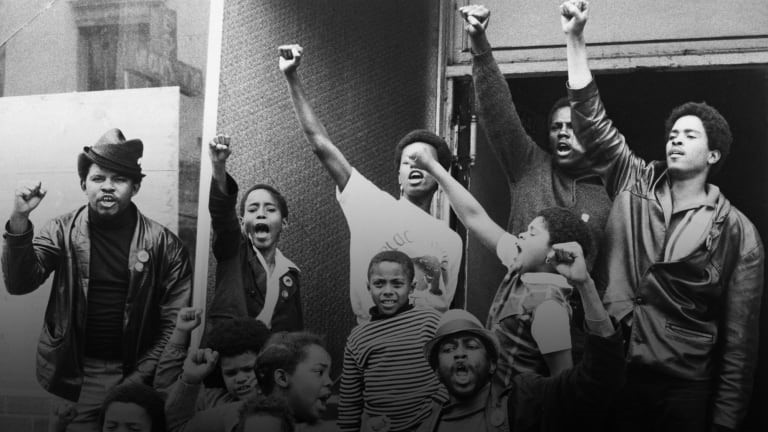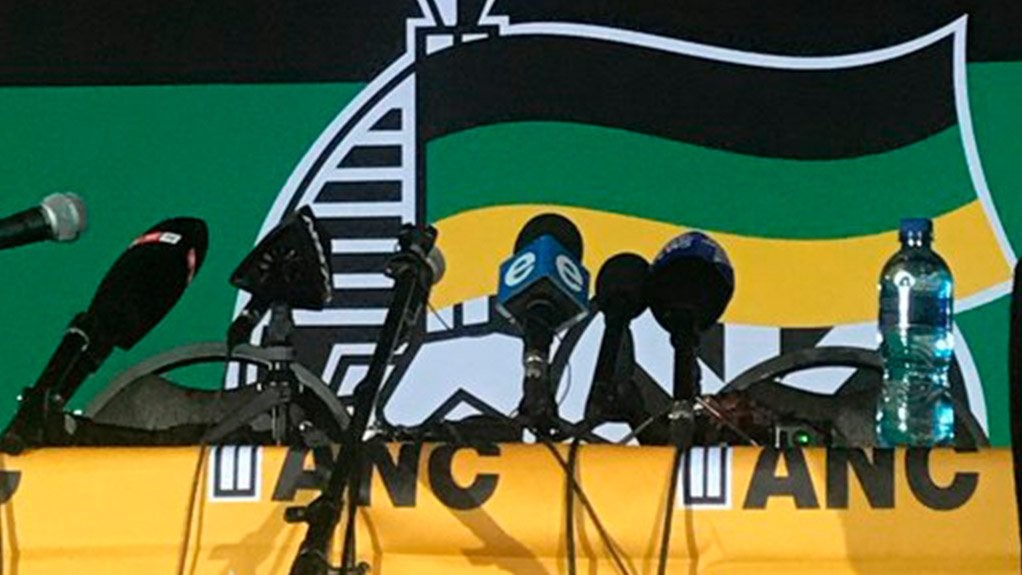Siyabonga Hadebe
The Drunken Republic
Many years ago when the Limpopo government failed to deliver books and other learning materials, the smart ones suggested that if that task had been given to the South African Breweries (SAB) those materials would have reached their intended recipients. Since then, it has been fashionable to cite the “impeccable” SAB model when individuals criticize the state and its SOEs for their service delivery failures.
New Liberal Party To Replace ANC?
This opinion piece argues that the time is almost ripe for a liberal party in South Africa, and Herman Mashaba is one of the players who thinks that he is the one to lead the project.
The Economics of Language: Black Languages Reduced to Dialects
Despite the fact that indigenous languages were declared official languages in the ‘new’ South Africa, they have so far failed to match the growth of Afrikaans usage since 1948. With the ‘Rainbow Nation’ idea suppressing African nationalism, South Africa is left with no language that can be considered as truly national.
Mfecane Never Happened
In the mainstream studies there is an argument that no slaves were harvested from South Africa. This is from European tendencies of treating South Africa as if it were separate from the rest of the continent. In his article ‘Slavery, social incorporation and surplus extraction; the nature of free and unfree labour in South-East Africa’ (1981), the late historian Patrick Harries of the University of Basel, Switzerland, observed that, “it is commonly believed that in south- east Africa the Nguni had a natural aversion to both export and domestic forms of slavery”
The Untold Story of Amabhaca
"The last king of the AmaBhaca people was Inkosi Madzikane ka Zulu. He died in the 19th century in what is now Mount Frere, next to the Drakensberg mountain range. The name "amabhaca" means refugees. They were the refugees from the Mfecane wars that had uprooted the nation from its original home in what is now KwaZulu-Natal.
Enter your email address below to subscribe to my newsletter


